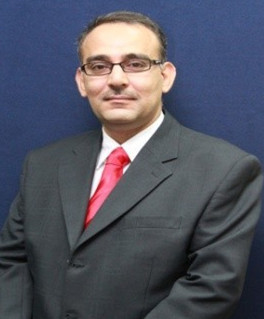Abstract—The insulation features and the heat dissipation was important factors that influence the utilization of all-glass evacuated tube collector, especially in severe cold areas. The heat loss coefficient of evacuated tube collector was usually tested in given conditions, which was inapplicable for actual conditions. In this paper, further study was conducted base on the previous research of anti-freezing strategies of solar collecting loop in sever cold areas. The heat transfer of evacuated tube collector in winter night was established based on the heat balance equation. The heat loss coefficient of solar collector, as well as the possible fluid temperature in it, was tested and analyzed in detail. It indicated that the initial fluid temperature in solar collector was usually higher than 20oC in most of the days, and it would be still above 5oC throughout the whole night. The transient heat loss coefficient was mostly around at 0.4 W/m2•K to 0.6 W/m2•K. The values of heat loss coefficient was steady in each night with slight reduction, which can be taken as a reference to estimate the possible fluid temperature in the solar collector and the heat dissipation in similar weather conditions. Results demonstrated that the solar collector has better insulation property, which was advantageous for the anti-freezing of collectors and outdoor pipes in severe cold areas.
Index Terms—Anti-freezing, evacuated tube collector, heat loss coefficient, heat transfer.
Huifang Liu, Yiqiang Jiang, and Yang Yao are with the School of Municipal and Environmental Engineering, Harbin Institute of Technology, Harbin, 150090, China (e-mail: lyliuhf@163.com, jyq7245@sina.com, yangyao1963@163.com).
[PDF]
Cite:Huifang Liu, Yiqiang Jiang, and Yang Yao, "Testing on the Transient Heat Loss Coefficient of All-Glass Evacuated Tube Collectors in Severe Cold Areas," Journal of Clean Energy Technologies vol. 4, no. 5, pp. 325-329, 2016.


